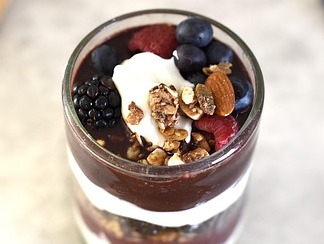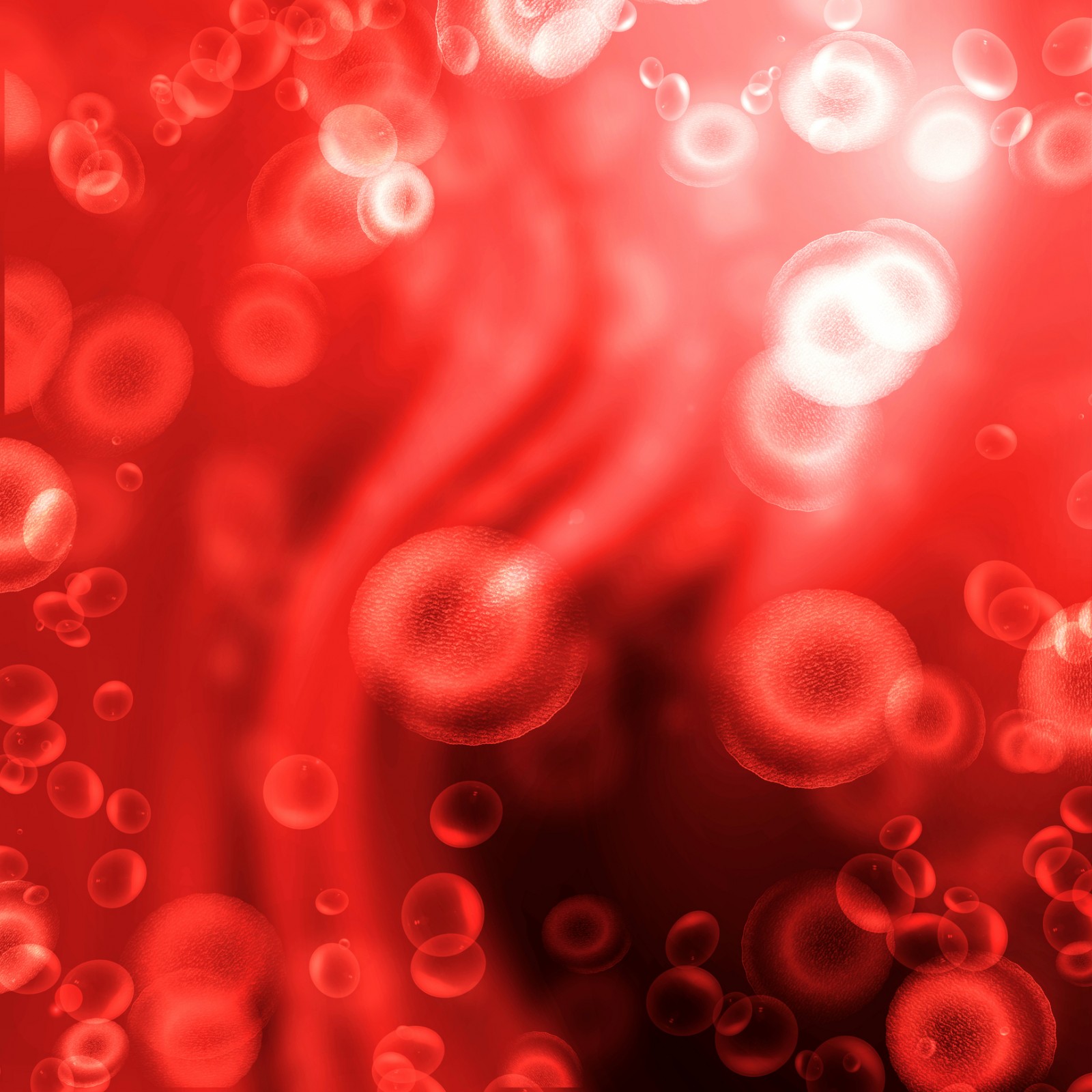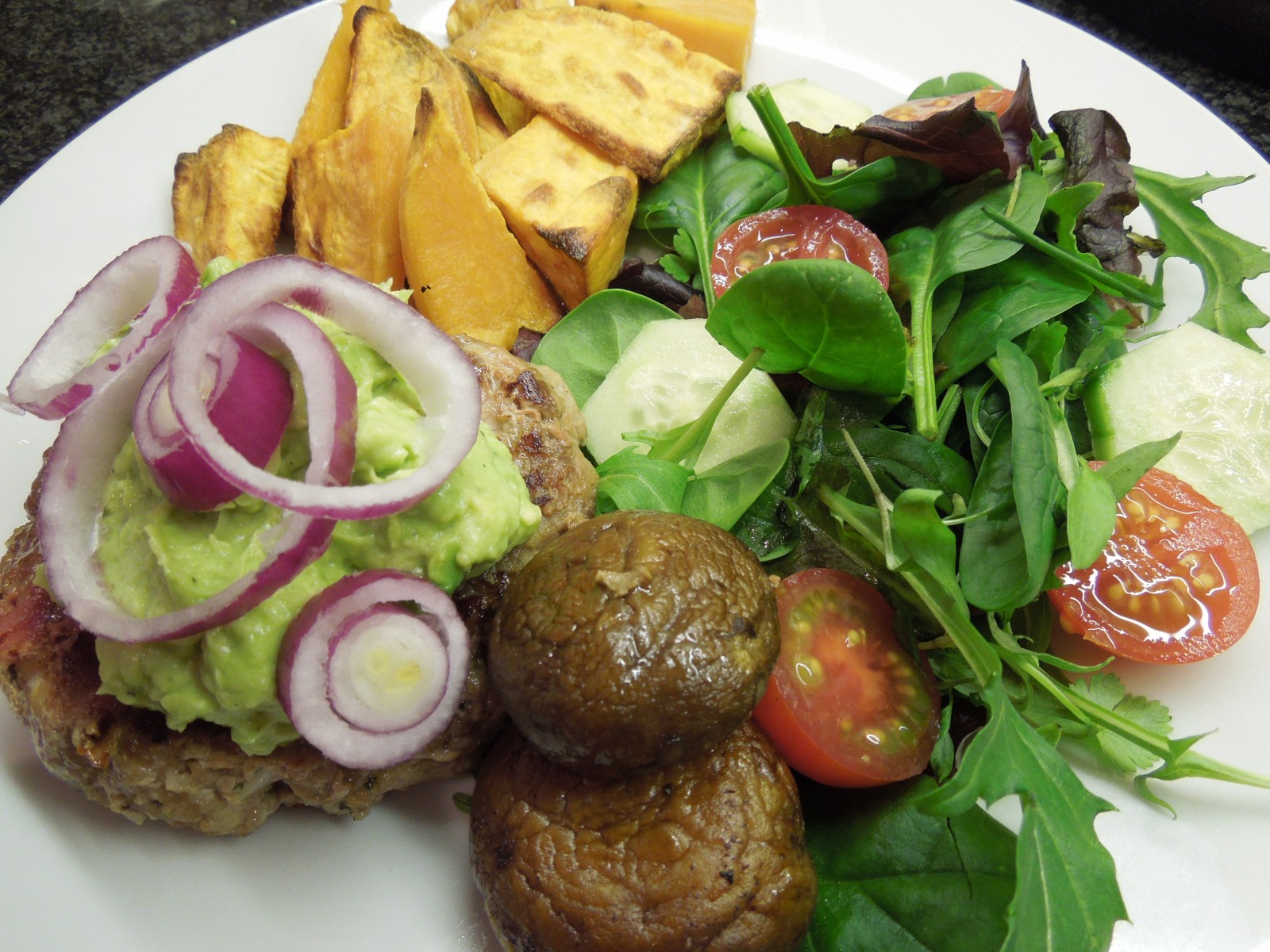A while ago I wrote an article about why I thought we needed to look at the treatment of low Thyroid (Hypothyroidism and especially Hashimoto’s) in a more holistic way. Today I would like to discuss why we have an Hypothyroid epidemic that is also treated inadequately by mainstream medicine. Modern Lifestyle has created the perfect storm – stress, low fat, high carb diet and disrupted Thyroid/hormones. Nutrition and lifestyle changes can have a great effect, as I have proved by my own, so read on to find out…..
The Functional Medicine approach of an understanding of the root cause and lifestyle choices can lead to better outcomes with or without hormone replacement.
I remember being taught that the Pituitary was the conductor of the endocrine orchestra… many years ago but analogies often stick in the mind. This basically illustrates that all the hormones in the body when healthy, work together in a balanced and synchronised way and if one instrument was to play the wrong notes then the whole production would be discordant.
Now let’s look one of the most common chronic problems – FATIGUE. Not just feeling tired because you have been over-working, over-exercising or ill but a chronic fatigue that means you never really have much energy, you might even wake up feeling tired and you mostly feel lack-lustre with no get-up-and-go and no incentive to do anything. You go to the Doctor and after some blood tests you are told you have low Thyroid function and they may suggest that you need to take Thyroxine – for the rest of your life.
The Thyroid Gland
The Thyroid Gland in your neck, controlled by a hormone from the Pituitary called TSH, produces hormones T3 and T4 that regulate your metabolism and that doesn’t just mean how many calories you burn and whether or not you put on weight – it means that the thyroid hormones regulate the way every cell in the body functions. Just to list some of the functions that are affected:
- Heart Rate
- Breathing
- The Brain and Nervous System
- Body Temperature
- Muscle Strength
- Menstrual Cycles
- Blood sugar
- Cholesterol levels
Therefore when the Thyroid Gland is producing either too many hormones or too few the symptoms in the body can be very diverse and affect the quality of life. Sometimes this prevents someone going to their Doctor because they feel they will be perceived as a hypochondriac and they are not sure how to describe the feeling they have “not being quite in control” or “out of sync” – which is exactly what, in fact is happening with imbalance in the whole endocrine system.
Let’s revisit that Orchestra….. one musician is playing off key, so what are the choices? Remove them, replace them or find out why and try to correct the problem. Exactly the same in medicine. The Doctor might remove the Thyroid Gland (either by surgery or with Radiation), or the most common scenario is to replace the missing hormones with just artificial T4 (which frequently turns out to be an inferior player!) or, as in the Functional Medicine approach, investigate why it is out of balance and try to correct the problem.This can be complicated and time consuming because you have to look at all the hormone systems and how they regulate each other. It could cost a lot of time and money and a specialist to interpret all the results and we are really only just beginning to understand how things work on a cellular level.
NB. frequently Hypothyroidism is preceded by a period of Hyperthyroid type symptoms. Hyperactivity, anxiety, poor sleep and stress because the body is pumping out lots of TSH from the Pituitary to try to get the Thyroid to work harder. If, at this stage you are treated aggressively for Hyperthyroidism then you will end up in an even worse situation, possibly even without a Thyroid Gland.
The Nutritional Approach
I like to take a different approach. I start with what we know –
- Thyroid imbalance sometimes has an Autoimmune cause with anti-bodies present in the blood. Ask your Doctor to do this test.
- There is often a history of chronic stress, sugar/caffeine cravings with resulting high Cortisol. Thyroid hormones help eliminate excess Cortisol but if the hormone Pregnenolone is low the body will be using too much thyroid hormone and the body may be struggling to produce more. See the OAT axis mentioned in the Medical advice section.
- or a history of years of yo-yo low fat dieting, metabolic syndrome or Diabetes.
- there may be a history of hormonal disruption, menstruation problems, fertility problems, Birth control hormones or HRT, oestrogen dominance symptoms. Oestogen can prevent the conversion of T4 to its active form of T3 in the body. All connected in the OAT axis.
- look for clusters of symptoms – there are over 300 connected to Thyroid dysfunction but it is important to see beyond the symptoms and be aware of underlying nutritional deficiencies.
- A Leaky Gut or poor gut microbiome may have caused or added to the problem – especially if thyroid antibodies have been found.
- Coeliac Disease or a Gluten or Lactose intolerance could have caused nutritional deficiencies
- or there may be deficiencies due to a restricted diet. Selenium, zinc and iodine are essential for the production and utilisation of Thyroid hormones.
- There may be an underlying infection. Epstein Barr Virus has been implicated recently and this could also account for some of the more advanced symptoms such as tingling of the hands and feet, itchy skin, irregular heart rhythm and nodules in the Thyroid gland. There may be a history of infection such as Glandular Fever or ‘Mono’, Herpes virus, Shingles etc. These are viruses that can lay dormant for years but activating the immune system and it is believed that the percentage of people now carrying these viruses is extremely high.
What can we do to correct the imbalances.
- Start with your diet. A Paleo Approach diet that includes plenty of leafy vegetables, Berries, healthy fats and enough quality (organic if possible) protein. Eliminate gluten, Dairy and Soy plus any other food you appear to react to. Good substitutes for Dairy exist in Coconut milk/yogurt products or Almond Milk but initially it is best to avoid all processed Gluten Free products to reduce inflammation as much as possible. Change to using Celtic Sea Salt as this contains iodine which is essential for Thyroid hormone production. Ordinary table salt is just sodium chloride, chemicals and some added iodine whereas Celtic Sea salt is natural, sun dried salt and has other important minerals including magnesium, manganese iron and zinc. Selenium is another mineral that is required by the thyroid and is often deficient in the soil and diet in many countries so it is well worth adding about 200mcg a day. Selenium works well with adequate levels of Vitamin D3 and therefore it is best to get levels checked and to take 4,000 – 5,000 iu per day during the winter.
- Reduce sugar in all its forms and do not use artificial sweeteners. It is very important to balance your blood sugar therefore make sure you have protein and healthy fat at each meal – this is NOT a calorie controlled diet, if you eat enough of the healthy proteins and fats you will not feel hungry but you will still lose weight because your body will adapt to burning fat for fuel instead of carbohydrates. Restricting Calories can lead to even more stress on the Adrenals and make losing weight harder. It can take a little while to adapt to this ‘keto’ diet and initially you may get some symptoms of detox which is because lots of toxins are stored in body fat and when you start to burn that fat you will start to eliminate those toxins. Drink plenty of water or coconut water (unsweetened) and add 2-3g of vitamin C if you get constipated. Warm Epson Salts baths may help as well so that all the detox pathways – skin, kidneys and bowels are working well. The liver will also have to work hard at first so be kind to it – start the day with warm water and fresh lemon juice and avoid alcohol until you are feeling much better.
- Healing the gut and reducing inflammation are very important and I have many articles (and an e-book) on how this is achieved and supplements that can speed the progress so I won’t cover it again here.
- Reduce Stress – examine your lifestyle/commitments and work out ways to reduce the stress. Yoga or Pilates can work wonders if practised at least every other day and there are some brilliant, free video courses on YouTube. this is my favourite teacher Yoga with Adriene
She has a brilliant one for neck and shoulder relief and this is where so many of us hold our stress and tension.
- After 2-4 weeks I would suggest trying some adaptogenic herbs – these help to balance your hormones, can help with relaxation and sleep. They have been used for hundreds of years in Ayurvedic Medicine but research which sound best for you and whether they are safe to take with any pre-existing condition, pregnancy or breast feeding. Ashwaganda and/or Licorice root are good but try one at a time to see if they suit you.
- Then we can add some foods and supplements that can help reduce your viral load – if that is possibly a problem for you. I would start by gradually increasing the coconut oil/cream in your diet. Use Virgin Coconut oil in cooking or as a spread with nut butter and maybe add some MCT oil to your coffee in the morning. if you add too much too quickly you will give yourself stomach cramps and possibly diarrhoea. The beneficial fat in coconut oil is Lauric Acid which can be converted to the active ingredient Monolaurin in the body or for a stronger effect you can buy Monolaurin as a dietary supplement. Other supplements that can kill EBV are Lemon Balm, L-Lysine an amino acid, Olive leaf, Black seed oil or Scutellaria (the herb Skullcap). These may be natural remedies but they are strong and it is important to follow the dosing advice if self treating.
My Personal experience…
If you suspect that your Thyroid is not performing as it should you could take your morning temperature before you get out of bed.(This is called your Basal body temperature and will likely be low if you have low Thyroid function.) My worst symptoms were hair loss, tingling of hands and feet and poor sleep.
- My Basal Temperature was about 34.2C when I first took it in July of 2017. My pulse 48 and irregular (sinus Bradycardia)and my blood pressure always low. Normal basal temperature would be 36.1 – 37C & a normal pulse is about 60 -72 beats per minute.
- I started taking Selenium at this time because as I was already following a healthy Paleo diet, gluten, soy and dairy free,eating organic veg and taking additional minerals this was one mineral I knew I could be short of living in the UK.
- I started taking Methyl B complex vitamins as they are better absorbed.
- After just 2 weeks my Basal temperature had already risen to between 35C – 36C
- I then tried adding a Tyrosine capsule a day but this gave me a headache and a discomfort in my throat – it is not recommended that people with auto-immune Thyroid (Hashimotos Hypothyroid) use this as it can trigger a bigger immune response. I stopped this on day 7 but noticed that my metabolism was up, I was actually feeling warm and the tingling in my hands and feet was much better.
- After a few days I started taking Ashwaganda. This according to Ayurvedic medicine is best taken with milk (coconut or almond for me)and honey prior to bed.
- I then thought I would try a protocol that would reduce any EBV activity. I have a strong history of Shingles x 3 with the first severe infection when I was 12 and a severe Glandular Fever aged 18 that left me with post viral fatigue for several months. I vary what I take to give maximum effect. L-Lysine first and I actually got herpes pain over the area of my back that had been affected and just a couple of blisters appeared! I then tried Black seed oil for 3 weeks and I started to feel much better. Everything improved except my sleep which was erratic – having some great nights followed by a few of not being able to get to sleep until 3 or 4 am.
Now, January 2018, my Basal Temperature is 36.1C and my pulse 60 and regular. My blood pressure has remained similar 120/60. I bought Thyroid Healing by The Medical Medium because although not a medical man he has a great knowledge of healing with diet. I added freeze dried wild blueberries, celery, apple and papaya to my diet. Previously I had concentrated on raspberries, blueberries and strawberries but in the Winter in the UK these are imported and not tasty whereas freeze dried wild blueberries are more nutritious and there is no waste.
What next for me?
Continue on my improved diet, continue to take supplements as needed. This year I am going to keep up my Yoga practice, spend more time in Nature and have the whole of February Free of social media if you want to join me #freefromFeb is the hashtag! Just need to improve my sleep so will give my brain a detox.
Conclusion
In six months I have managed to improve my Thyroid function to near normal limits and avoided prescription medication. I have no symptoms of parasthesia in my hands or feet and they are actually warmer than they have been in years! My sleep is still not right so I have just started taking Scutellaria baicalensis (Chinese Skullcap) following an excellent webinar from Metabolic Healing on Thyroid management. This herb has many therapeutic benefits and references can be found here
and even more science here
Described as the most powerful antioxidant owing to its 5 compounds and strong anti-inflammatory actions, ease of crossing the blood-brain-barrier and it has neuroprotective properties.
It should not be taken by people on statins, diabetes medication or anticoagulants. It is not recommended for anyone with oestrogen sensitive conditions and there is insufficient evidence to say if it is safe in pregnancy or breastfeeding.
Medical Advice
I am not giving medical advice here and in the first instance you should always see a doctor to get blood tests and rule out any other disease or problem. I did this and I would encourage everyone to do the same but the reality in the UK and in mainstream medicine generally seems to be that you normally only get tested for TSH and T4 and that the ‘normal’ range for these appears to be too high in relation to what is actually being observed as signs and symptoms. You could ask that your adrenal function and oestrogen and progesterone are tested as well as the Thyroid anti-bodies test. Peri-menopause can give many of the same signs and symptoms or a Hysterectomy may have prompted problems.
Doctors not trained in Functional Medicine do not usually look at the OAT Axis for imbalance between the Ovarian-Adrenal-Thyroid hormones and at how a low fat, high sugar /carbohydrate diet and chronic stress can impact the body. This is what the information above is able to address.
Most of us would rather avoid surgery, radiation treatment or a lifetime of taking prescription medicines, either natural or artificial hormones. If you can get the help of a Functional Medicine Practitioner then great or an Ayurvedic practitioner but whatever you do you will need to document your symptoms and take responsibility for your health. We live in an age where chronic conditions – that cannot be cured with a prescription- are increasing at an alarming rate but it has been proved that nutrition and lifestyle can give you your quality of life back.










